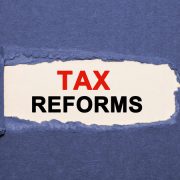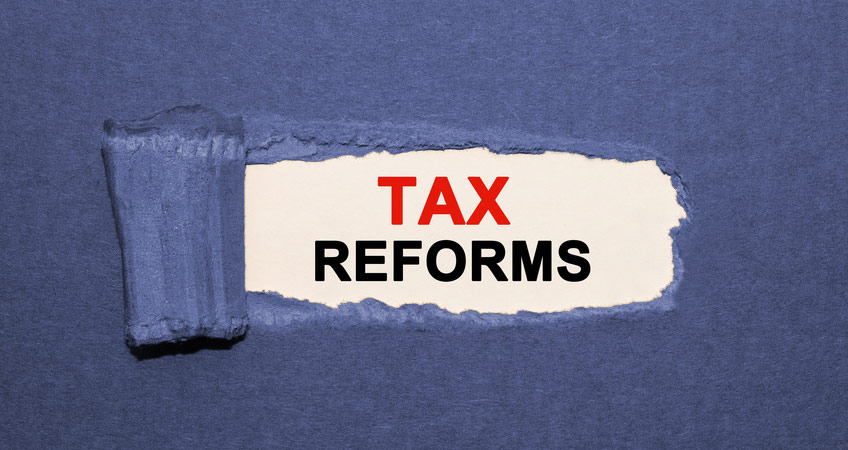Decoding IR35: Your Guide to Contractor Tax Status

For many independent professionals, the flexibility and financial benefits of contracting are a significant draw. However, navigating the complexities of UK tax legislation, particularly IR35 (Off-Payroll Working Rules), can be a daunting task. At Taxfile, we understand these challenges and are here to provide clear, actionable insights to help you manage your IR35 status effectively and ensure HMRC compliance.
What is IR35
and Why Does it Matter?
Introduced to tackle “disguised employment,” IR35 aims to ensure that individuals working through an intermediary (like a Personal Service Company or PSC – a limited company set-up to provide the services of a single contractor) who would otherwise be considered employees are taxed appropriately. Getting your IR35 status determination right is crucial, as an incorrect assessment can lead to significant backdated tax bills, interest, and penalties from HMRC.
Essentially, IR35 differentiates between a genuinely self-employed contractor and someone who, despite operating through a PSC, is performing work akin to an employee.
Who Determines Your IR35 Status?
A vital change in recent years is the shift in responsibility for IR35 status determination. Generally, the end client (the company you are contracting for) is now responsible for assessing your IR35 status, unless they qualify as a “small business” or are based overseas. If your client is a small business, the responsibility for determining your status typically remains with you.
When determining status, HMRC takes an “overall view” of the working relationship, considering both the written contract and the actual working practices. No single factor is definitive, but several key areas are heavily weighted.
The Three Key Pillars of IR35 Status
HMRC primarily focuses on three critical areas to test your employment status for tax purposes:
1. Control
This assesses the extent to which your client dictates how, where, and when the work is performed.
- Outside IR35 indicators — You have significant autonomy over your work delivery, set your own hours (within project scope), and decide your work location.
- Inside IR35 indicators — Your client dictates your working hours, location, and closely supervises your methods, much like an employee.
2. Personal Service / Right of Substitution
This examines whether you are required to personally provide the services or if you have a genuine right to send a suitably qualified substitute.
- Outside IR35 indicators — Your contract explicitly allows for a genuine right of substitution, and your client’s acceptance of a substitute is not unduly restrictive. This demonstrates you’re providing a service, not just your personal labour.
- Inside IR35 indicators — Your client insists that only you perform the work, with no genuine right of substitution.
3. Mutuality of Obligation (MOO)
This considers whether there’s an ongoing obligation for the client to offer work and for you to accept it.
- Outside IR35 indicators — Your engagement is for a specific project with a defined end date, with no expectation of continuous work or obligation for you to accept further assignments.
- Inside IR35 indicators — There’s an expectation of ongoing work, regular contract renewals, and an implicit obligation for you to accept work offered, similar to an employment relationship.
Other Important Factors HMRC Considers
Beyond the core three, HMRC also looks at a range of other factors to build a comprehensive picture of your working relationship:
- Financial Risk — Do you bear any genuine financial risk for the work, such as having to rectify mistakes at your own expense?
- Provision of Equipment — Do you use your own equipment, or is it provided by the client?
- Part and Parcel of the Organisation — Are you integrated into the client’s organisation (e.g., attending staff meetings, having an internal email address, receiving employee benefits)?
- Exclusive Service — Do you work for multiple clients, or are you effectively working exclusively for one?
- Basis of Payment — Are you paid by the job/project, or on a regular, fixed basis similar to a salary?
- Intention of the Parties — While not solely determinative, the mutual intention of both parties (as reflected in documentation and practices) to establish a self-employed or employed relationship can be considered.
- Business on Own Account — Do you operate as a genuine business (e.g., having your own website, business cards, professional indemnity insurance, marketing your services)?
The Status Determination Statement (SDS)
When an end client determines your IR35 status, they are legally required to issue a Status Determination Statement (SDS). This written statement declares your deemed employment status (inside or outside IR35) and provides the reasons for that conclusion. The client must take “reasonable care” when making this determination.
Utilising the CEST Tool
HMRC provides an online tool called Check Employment Status for Tax (CEST), which can assist in determining IR35 status. If the tool is used correctly and all information is entered accurately, HMRC states it will stand by the outcome. You can find it here.
It’s crucial to remember that IR35 status is assessed on a case-by-case basis for each engagement. Both the contractual terms and the actual working practices are considered equally important.
The Impact of Being ‘Inside IR35’
If your contractor engagement is deemed to fall inside IR35, the implications for your take-home pay and financial arrangements can be significant:
- Your client (or the agency) will generally place you on a PAYE (Pay As You Earn) scheme, deducting Income Tax and National Insurance Contributions (NICs) at source, similar to a traditional employee. This will directly affect your net income.
- The expenses you can claim will be significantly limited compared to being outside IR35.
- You typically won’t be able to pay yourself in tax-efficient company dividends.
Taxfile: Tax & Accountancy Help
Contact Taxfile for help with any tax-related and accountancy issues for individuals, the self-employed, sole traders, limited companies and more. Whether you are confused about your IR35 status, have a one-off accounting-related issue, or require something more regular like payroll handling, Taxfile can help. We excel in bookkeeping, limited company accounts, VAT, taxes, self-assessment tax returns, tax refunds for CIS subcontractors, and many more areas of accountancy and tax. Contact us today — we offer a free 20-minute introductory consultation at our Tulse Hill office in South London or, if preferred, via a simple phone call or video link.







